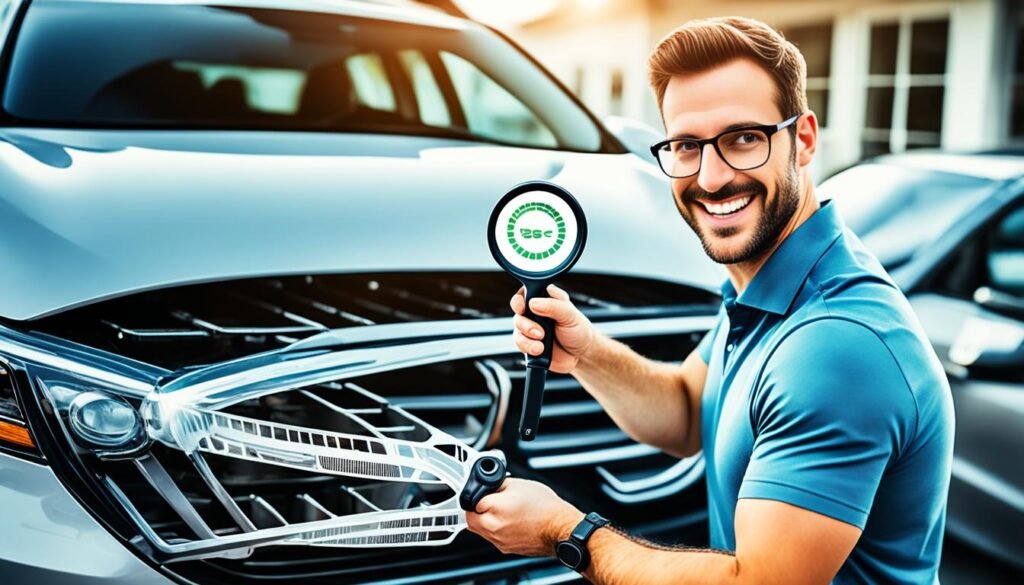As we head into 2024, the car market is at a pivotal crossroads. The new car market continues to see strong sales from the previous year, while the used car market remains uncertain. However, there are opportunities to take advantage of deals and incentives in both markets. Whether you’re buying a new or used car, it’s important to understand the current market dynamics and strategies to secure the best deals.

